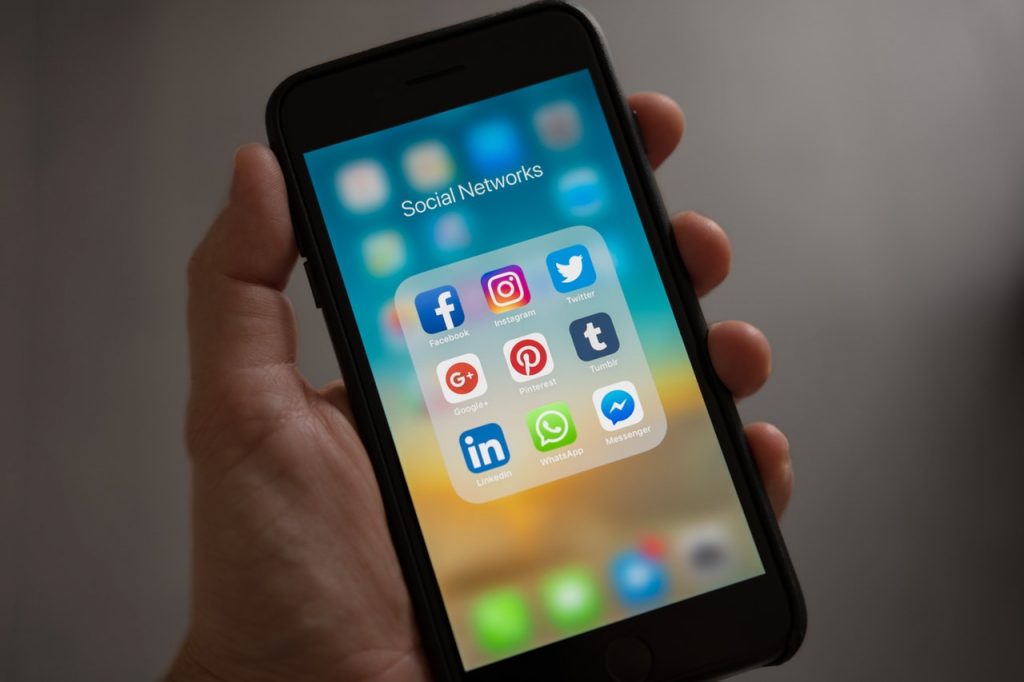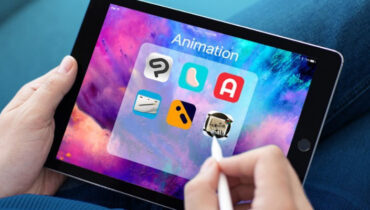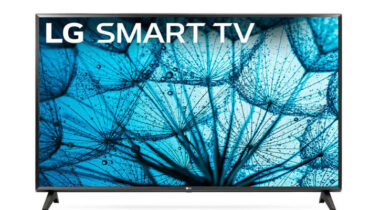
modern smartphones
Smartphones are replacing desktops and laptops as our primary devices. That’s cool. Unfortunately, this has been a case of two steps forward, two steps back.
Having said that, the smartphone industry is very different from the PC market. You could say that’s to be expected, but this has had a negative effect on our digital lives and what we can do with our devices. It has had a lot of negative impact on our lives. Here are 5 common problems with modern smartphone usage.
Hardware customization not possible
Smartphones don’t give you the option of upgrading RAM, processor or camera. Many leave you with fewer choices than our old flip phones. Back then, you could take out the battery and pop in a MicroSD card for most models. Both of those options are left out of today’s top phones.
Need a faster processor, a battery, or a better camera module? Your only option is to replace your phone with the latest model. And it’s not easy for the average person, or even the average geek, to make repairs without sending the device to a professional.
They are meant to be disposable
Smartphone manufacturers don’t want you to upgrade or repair your devices. They would prefer you replace your phone every year or two. They would also say that this makes products simpler for end users. These are the driving factors behind our inability to tweak our own hardware.
Most consumer electronics have a relatively short shelf life, but smartphones are among the most widely purchased and most often replaced products on the market. This is money down the drain and more waste in landfills. Neither is a good thing. Phone repair companies in sydney give you the best price on your old smartphone.
The Apps do less than Computer
It’s no surprise that phones with weaker hardware and smaller screens couldn’t initially compete with their PC counterparts. These days, that’s less of an excuse. Smartphones may not be as powerful as today’s PCs, but they can go toe to toe with laptops from not that long ago.
The increase in power hasn’t led to software with comparable features.
Smartphones have privacy issues
Smartphones aren’t the only devices in most of our homes. They join desktops, laptops, and tablets. Often we want to access the same files on each. At the same time, social networks and other online services have replaced traditional software on our machines. This is convenient, but it’s not very private.
Now to use basic apps, people hand over their data, then pass it around from one company to the next as services shut down or get acquired. Corporations and governments request access to these online records. Hackers break into servers and compromise millions of accounts at a time. Breach of personal data is a major concern these days.
You can also learn tips and tricks of Android Smartphone
They are highly addictive
Long before people started searching for ways to cut down on their smartphone usage, there were gamers whose entire lives were taken over by desktop games.
The thing is, desktop computers leave people chained to their desks. Laptops have more mobility, but only a few people will whip one out on the bus.
Smartphones are everywhere. They go with us to the bedroom, the bathroom, friends’ houses, school, work, dates, parks, and everywhere else. At any moment, if you would rather be staring at a screen, you can.
Smartphones have led to all kinds of positive change. They let families stay connected across continents and have helped couples find love. They’ve aided in the spread of knowledge for tons of people. However, the fallouts cannot be ignored. Can you?





